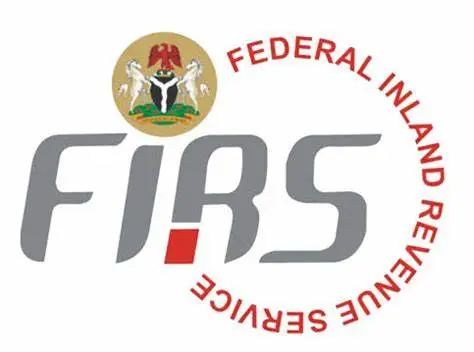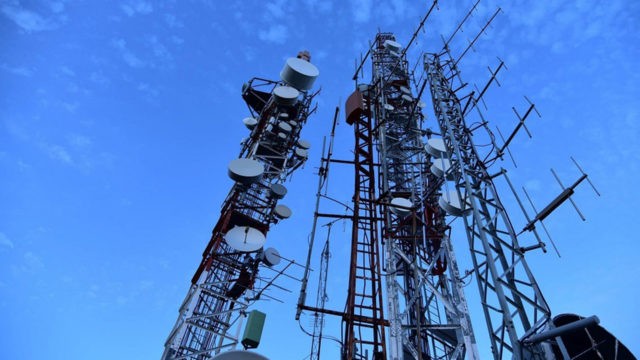Businesses across diverse industries, from manufacturing to agriculture, are struggling to access the dollars they need to import essential raw materials and equipment. This FX scarcity, caused by a combination of factors like declining oil revenues and increased global dollar demand, has created a bottleneck, pushing the naira further and further into the red.
Analysts warn that the pressure on the naira is likely to persist in the near future. The unfilled FX demand backlog is estimated to be in the billions of dollars, and the Central Bank of Nigeria (CBN) faces a delicate balancing act of managing currency pressures while also controlling inflation.
“The CBN has limited options,” explains Dr. Nkechi Okafor, an economist at Lagos Business School. “Raising interest rates could attract more dollars but hurt domestic borrowing. Increasing dollar supply might ease pressure on the naira but could fuel inflation. It’s a tough call.”
The weakening naira has already begun to impact businesses and consumers. Import costs are rising, leading to higher prices for goods and services. Manufacturers are struggling to maintain production levels due to shortages of imported raw materials. Tourism could also be affected, as the high cost of dollars makes Nigeria a more expensive destination for foreign visitors.
The government has acknowledged the challenges and promised to take steps to address the FX crunch. These include boosting non-oil exports, attracting foreign investment, and improving forex allocation mechanisms. However, it remains to be seen whether these measures will be enough to reverse the tide and stabilize the naira.
For now, businesses and consumers are bracing for further naira depreciation and its ripple effects on the economy. The coming weeks and months will be crucial in determining whether Nigeria can navigate this currency crisis and chart a course for economic stability.
This news article discusses the recent depreciation of the Nigerian naira against the dollar, attributing it to a backlog of unfilled foreign exchange demand and various economic factors. It explores the challenges faced by businesses and consumers and the potential impact on the economy. The article includes insights from analysts and discusses the Central Bank of Nigeria’s balancing act in managing currency pressures and inflation.







